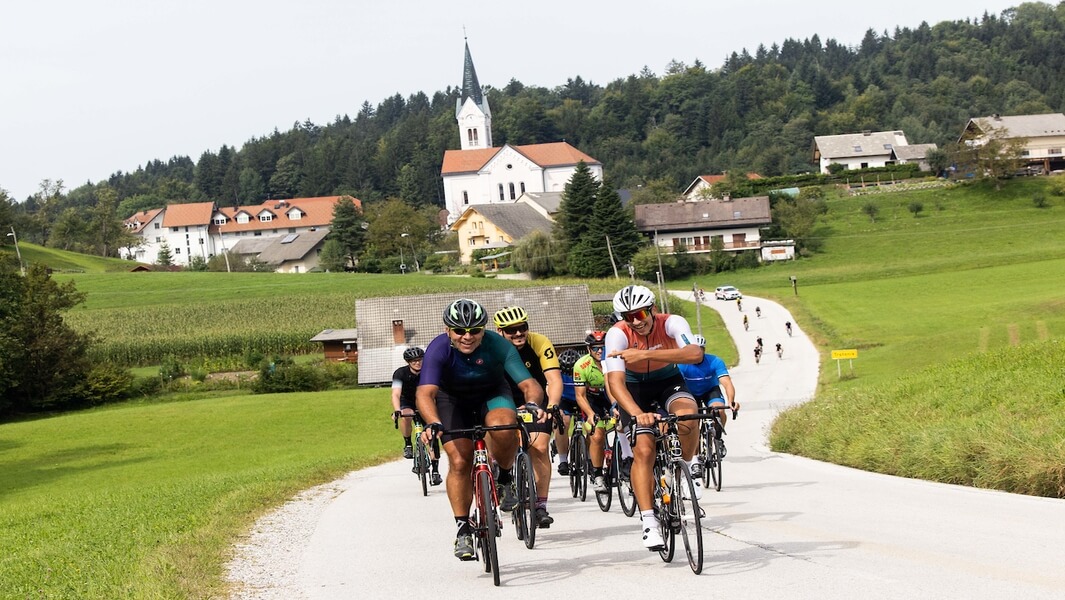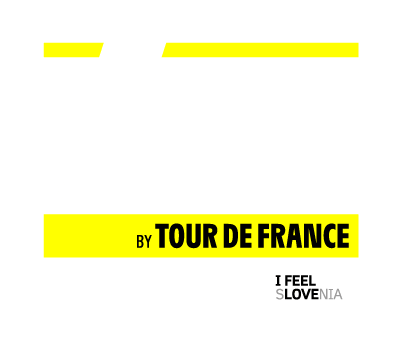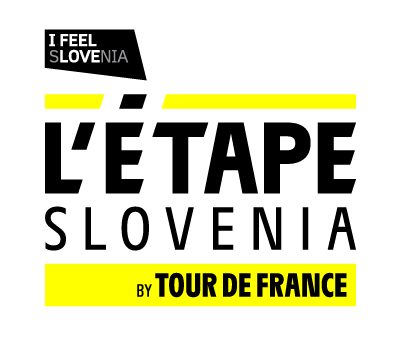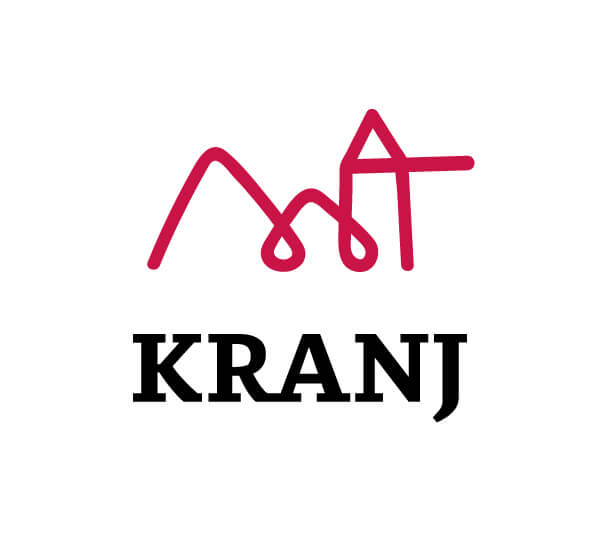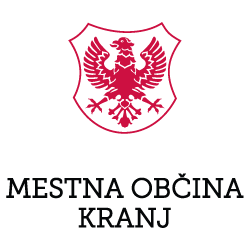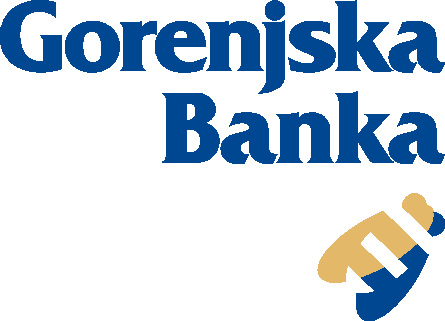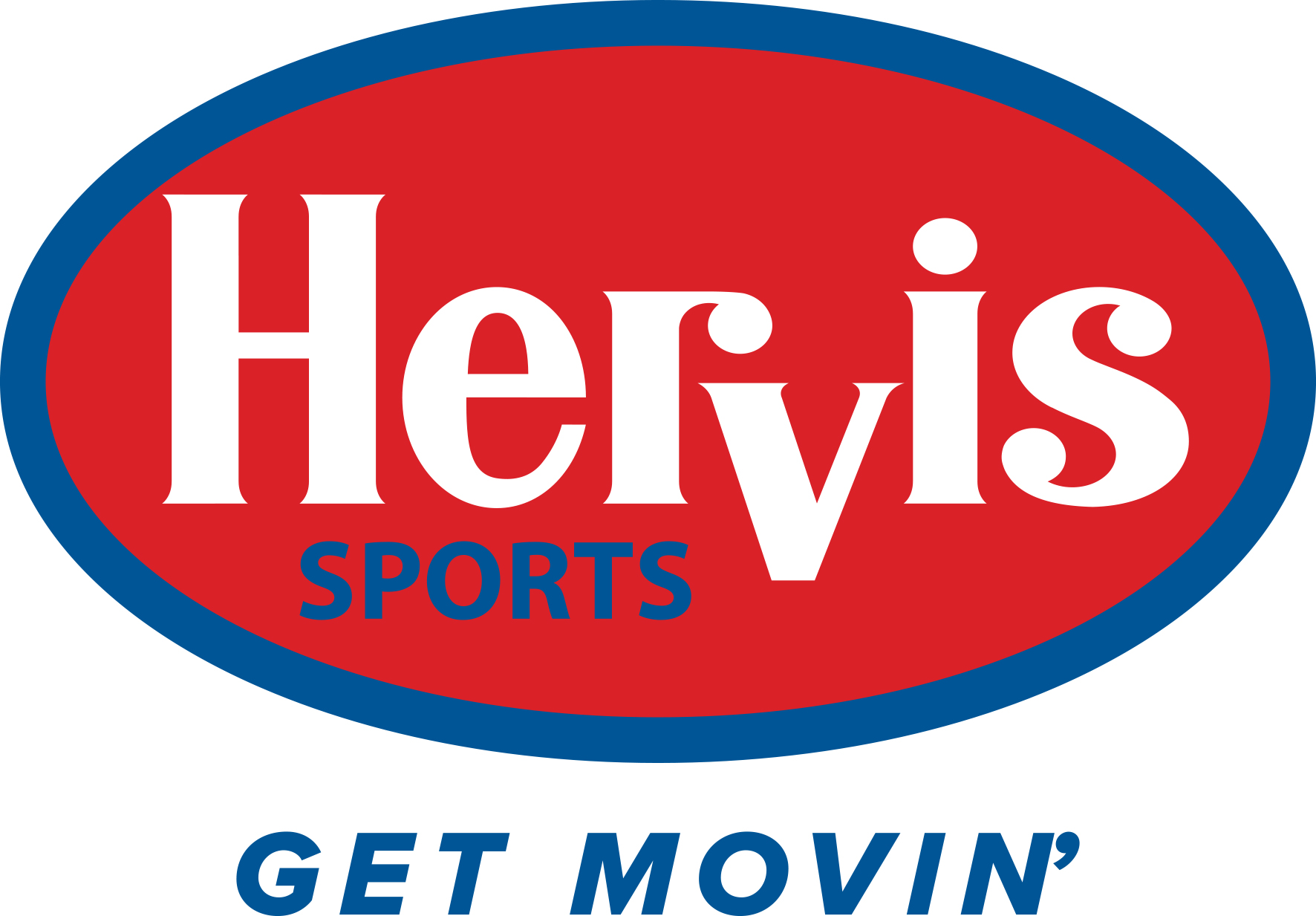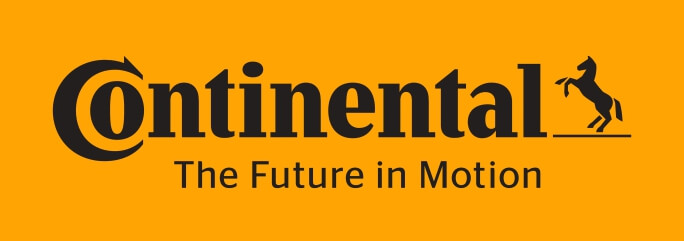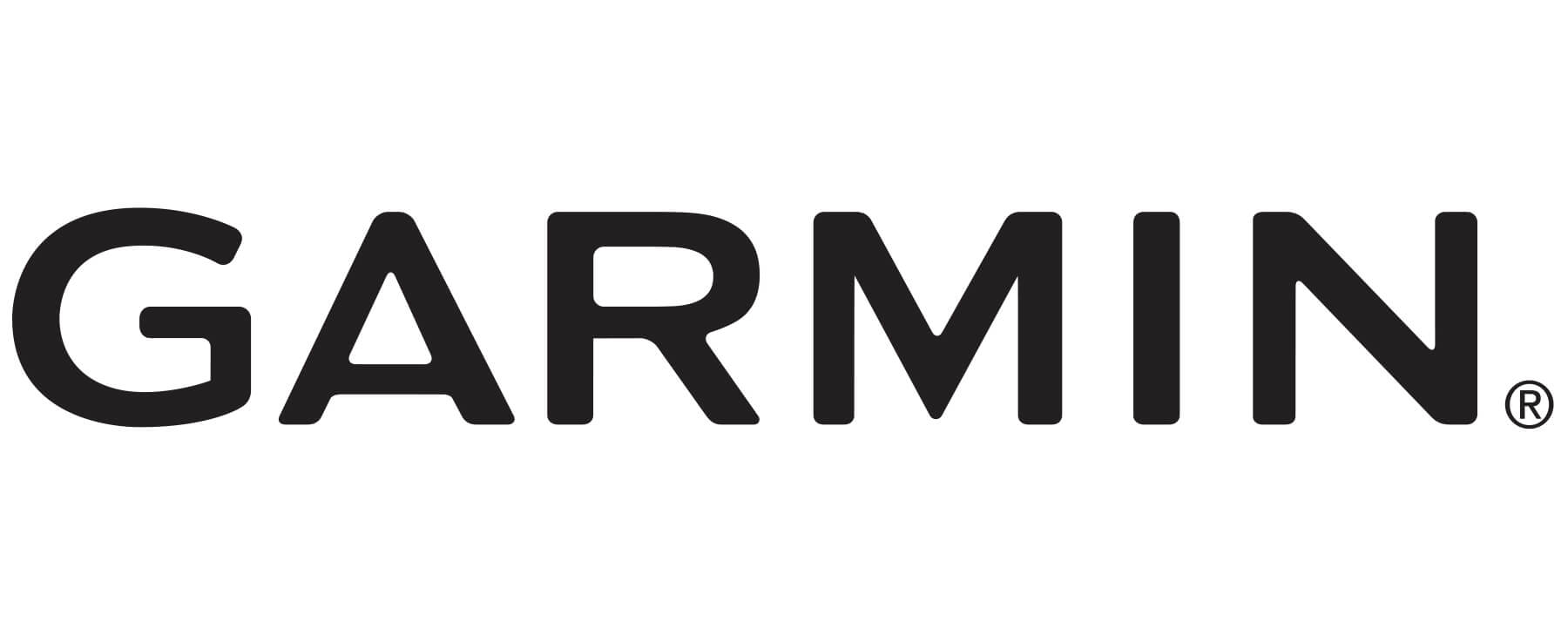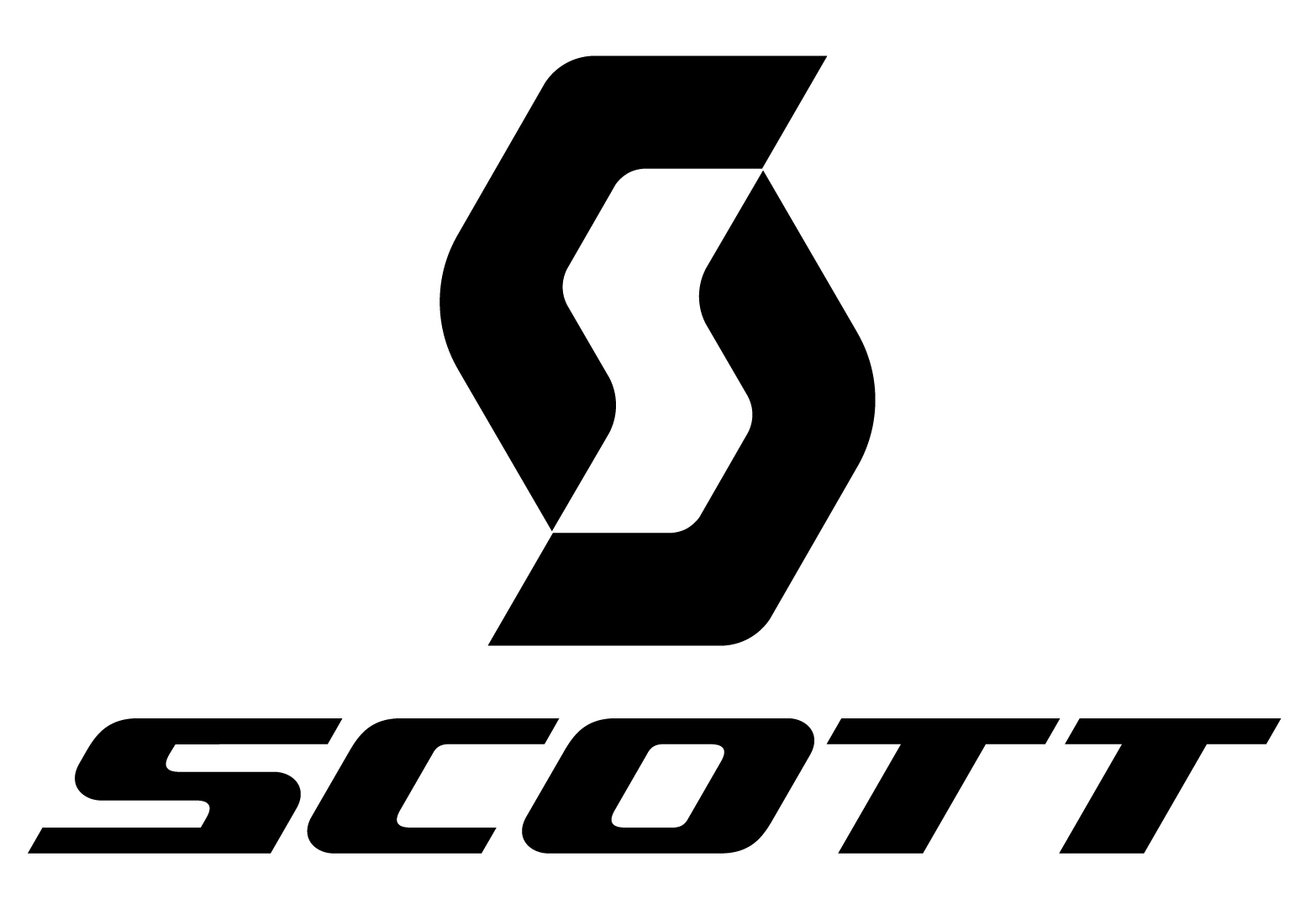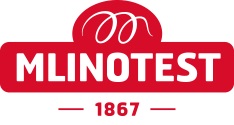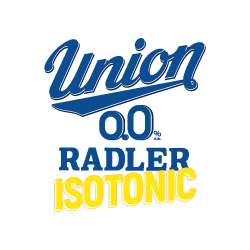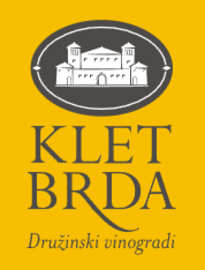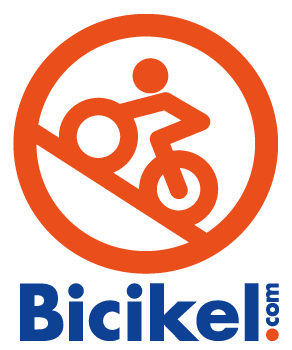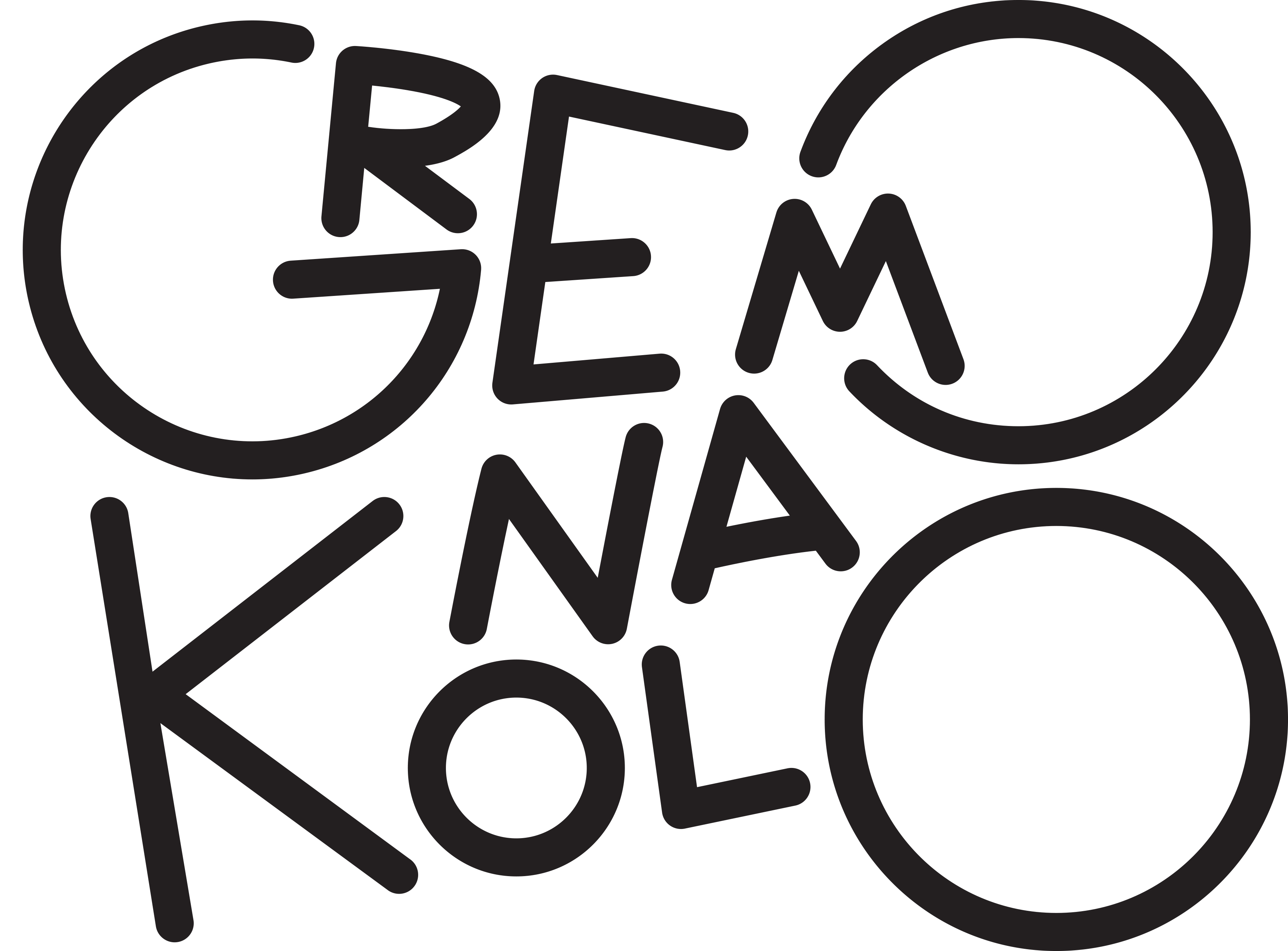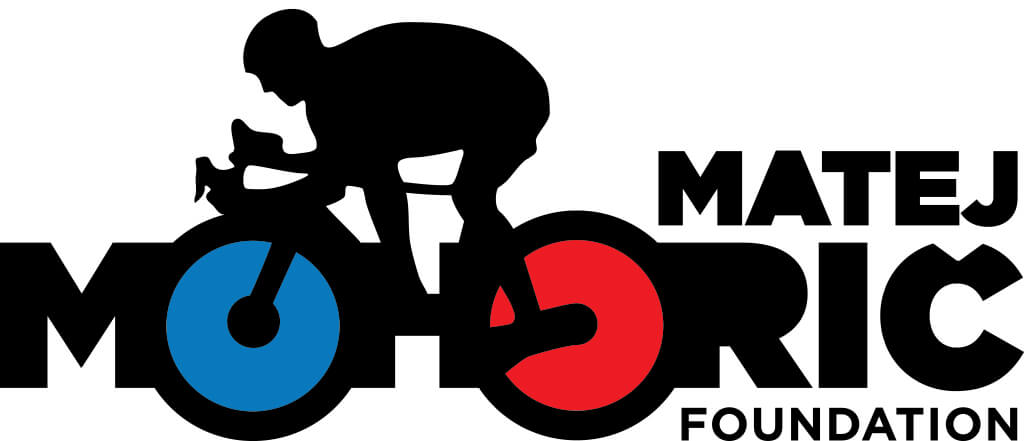How to navigate the pitfalls of recreation?
We advocate for a philosophy of healthy and active leisure time, yet maintain an "honest" relationship with your body.
Are you considered an endurance athlete or a ball game enthusiast? A solo performer or a team player? Outdoor enthusiast or an indoor aficionado? Do you prefer the tranquility of forests or the buzz of urban settings? Do you seek solitude in your recreation or strive to be noticed? Do you relish solitary activities or can't imagine recreation without company? Do you prefer to mix things up depending on the season and company, or are you exclusively loyal to one sport year-round?
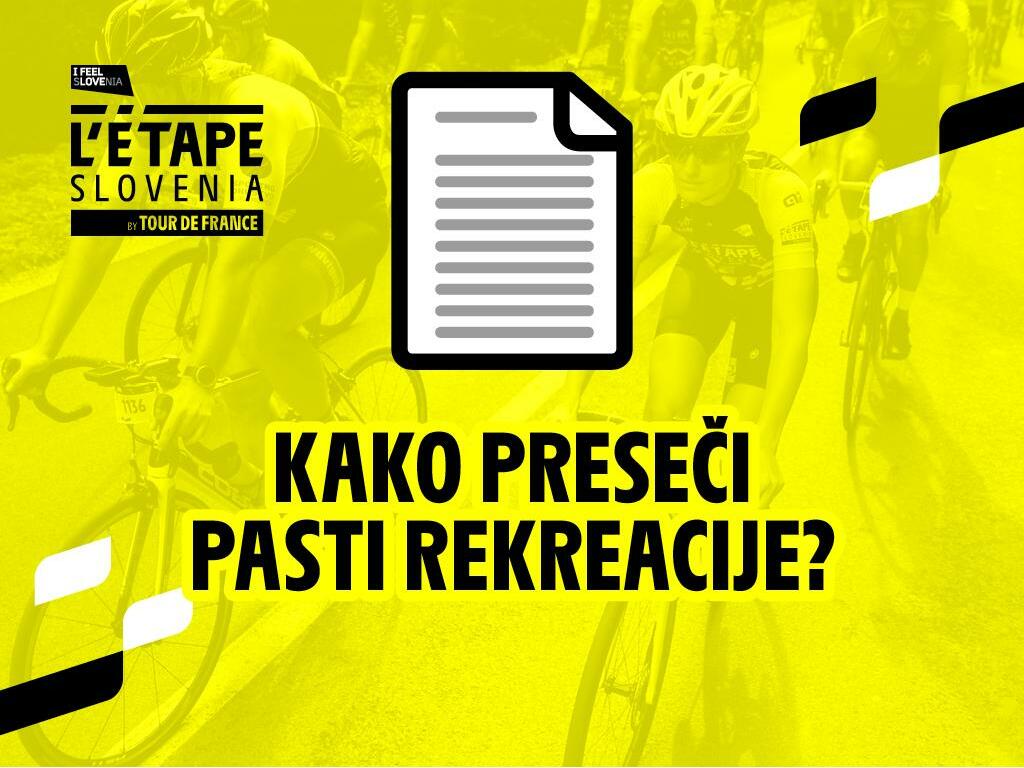
We are all different
... and to some extent, our personality traits also determine the form of recreation that resonates with us, relaxes us, and energizes us. Alongside the time component and environmental factors near our homes, our habits shaped through upbringing, family, and peers play a role too. All forms of physical activity are extremely beneficial for our bodies and well-being as they maintain vitality, prevent cardiovascular diseases, release happiness hormones, enhance cognitive abilities, etc.
Recreation has a beneficial effect on the body as long as we do not overdo it and let it dominate our lives. This is more pertinent for elite athletes. Excessive recreation can have long-term negative effects on the body, leading to additional stress, resulting in exhaustion, fatigue, irritability, anemia, and ultimately posing a greater risk to the heart.
High-intensity recreation, especially if you seriously start engaging in it in midlife without a sports background from childhood, is no longer a healthy way to spend leisure time. Moreover, it must be highly structured with careful consideration of rest, sleep, nutrient intake, tailored diets, and adequate hydration.
Therefore, it is important to know how to listen to yourself and "stop" to avoid falling into the trap of excessive physical exertion. Let pleasure always be paramount, and let sport be a path to inner observation. In contemporary times - if not guided exercise - it is one of the rare activities that allow this privilege, where you are alone with yourself. Your thoughts, your body, your energy.
The power of internal observation can be significantly strengthened by incorporating exercises such as Pilates, Yoga, Nirvana fitness, jogalates, etc., into your active lifestyle. These types of exercises have a common denominator: they pay attention to details. A micro-movement can cause a significant change in the perception of body movement; they connect the mind with movement and breath. They focus on the muscles of internal organs, energy flow in the body, improve flexibility, and strength.
They change our awareness and attitude towards the body. Such awareness can also be used advantageously in endurance and other sports, as it enriches understanding of the body's functioning and your needs. With new insight, you will more easily recognize your needs and balance them with your capabilities.
With greater focus and attention to each (micro) movement and technique, breathing, recognizing your thoughts, and the ability to interrupt negative and destructive ones, you will also find it easier to overcome more intense and/or prolonged efforts, even in less than ideal (weather) conditions.
With systematic practice, e.g., Yoga, Pilates, you are certainly better equipped to tackle larger recreational challenges, as you can direct the power of your thoughts more easily to your advantage, develop a more respectful and connected relationship with your body, and prevent many "crises" from turning sport into a real suffering.
